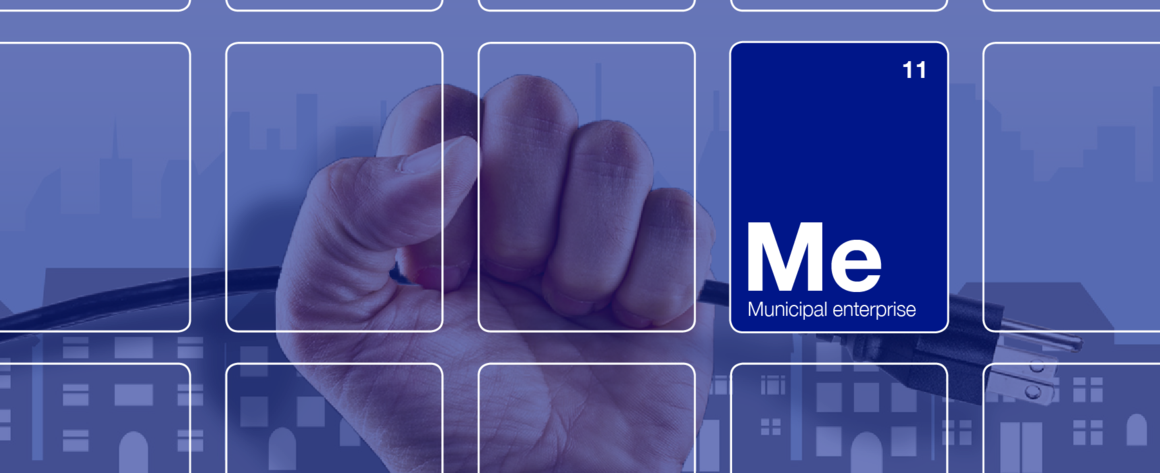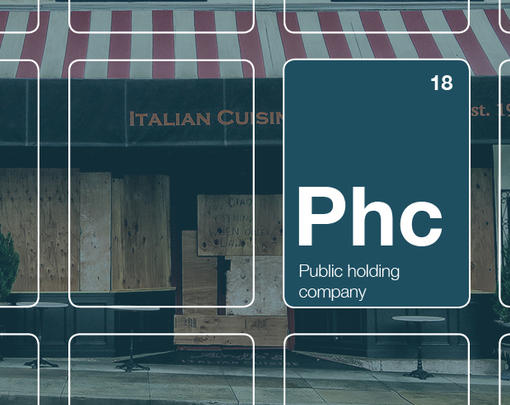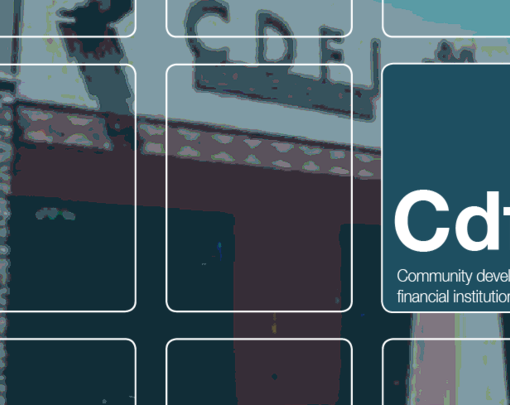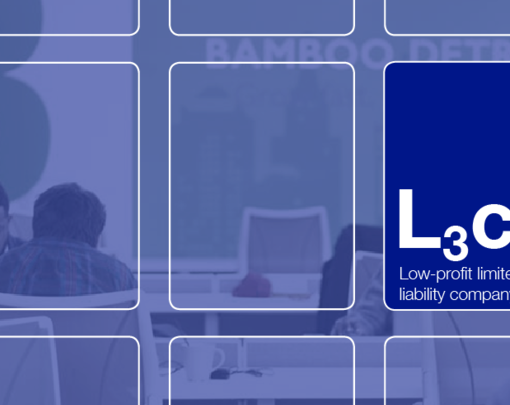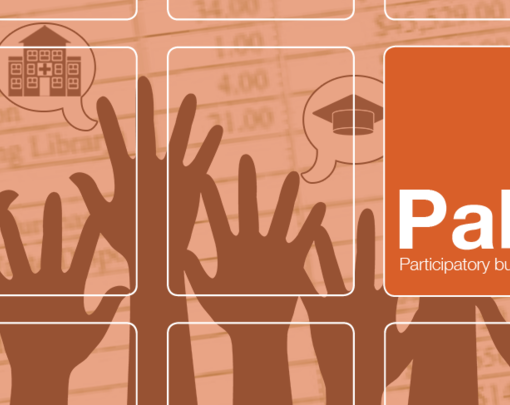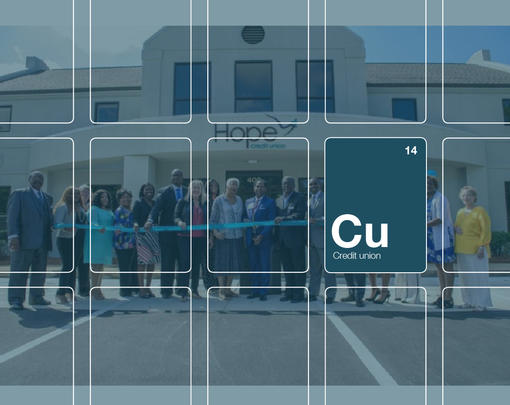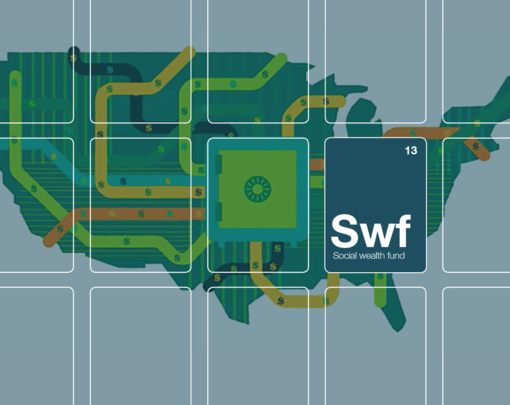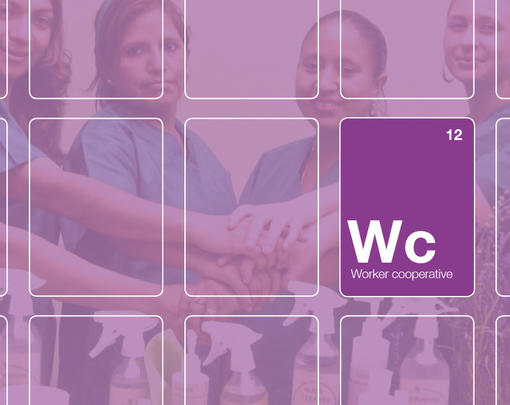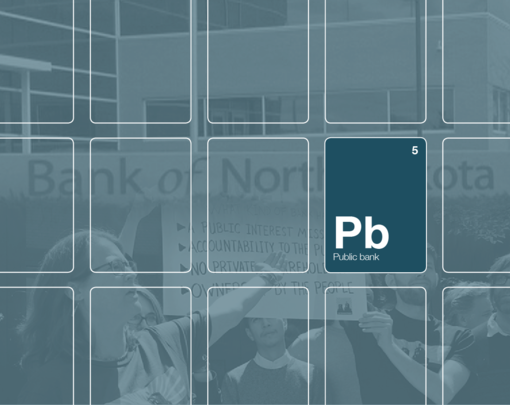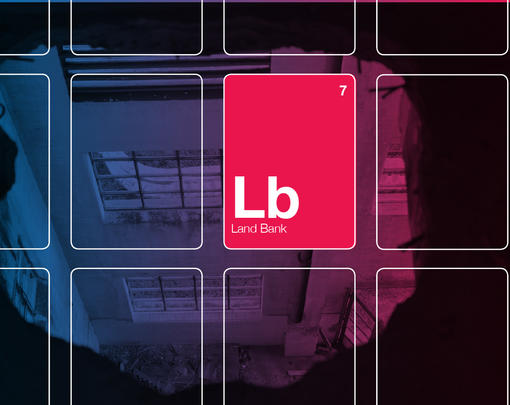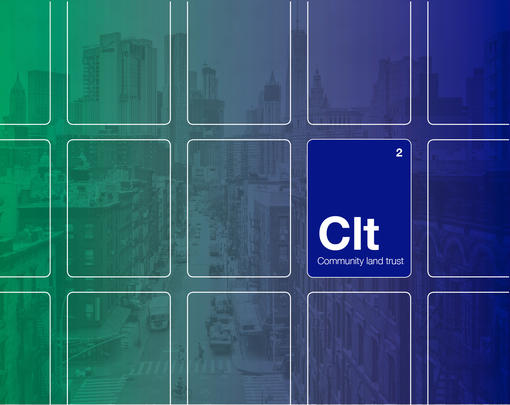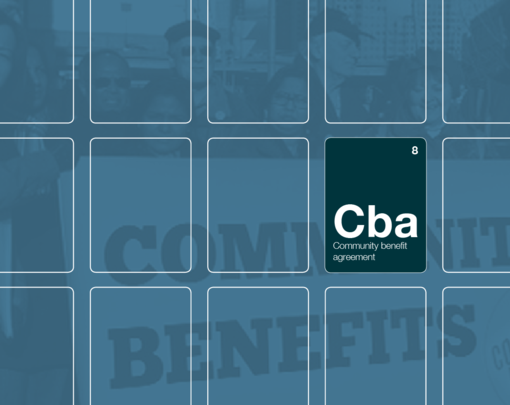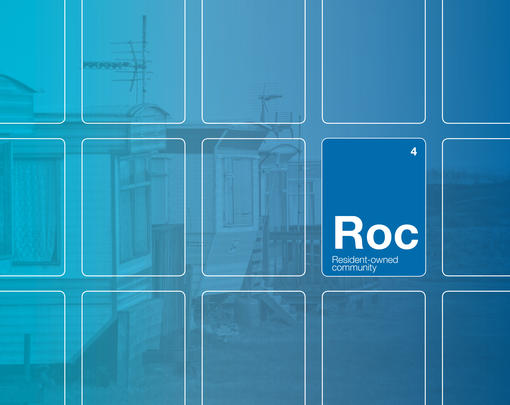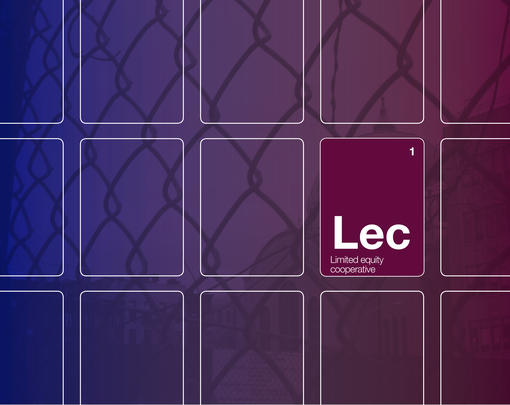Description
Municipal enterprises are businesses or services owned by local public authorities that provide services or generate revenue for local communities.
One of the earliest municipal enterprises were public power companies. As early as the 1880s, local governments began forming them to provide electricity in areas that investor-owned utilities considered unprofitable. Today in the US, more than 2,000 community-owned electric utilities serve more than 49 million people, provide 93,000 local jobs, and invest more than $2 billion a year back into local communities. Many local governments, under pressure to improve services amid declining tax revenues and public resistance to tax increases, have launched enterprises in sectors traditionally dominated by private firms, including hotels, golf courses, composting, real estate, and—notably—cable and broadband service. Frustrated with slow broadband speeds and high prices, about 750 communities now operate publicly owned networks.
Potential Impact
Municipal enterprises offer a way for municipalities to provide quality, affordable goods and services while creating jobs and boosting incomes for local residents without additional expenditures on social programs. City-owned ventures can also improve the stability of local economies by decreasing their dependence on corporations prone to relocate in order to lower expenses and maximize profits. Municipal enterprises hold considerable potential to provide important services to communities that for-profit providers are unwilling to serve, such as what the Federal Communications Commission says are the 14 million rural residents—nearly 30 percent of all rural households—who lack broadband access. Similarly, as local employment translates into increased tax revenues and reduced expenditures on social programs, municipal enterprises have a strong incentive to hire area residents and give back to the community. Public power utilities, which on average return 33 percent more to their communities than private companies, provide powerful evidence of this.
Transformative Characteristics
Municipal enterprises are motivated to provide quality, affordable services because they are publicly owned entities run by local officials accountable to area residents. Municipal enterprises are able to prioritize vital public goals and set guidelines around local sourcing, local hiring, sustainability, and related practices to maximize their positive impact on the community. They do this while maintaining a track record of more reliable service: households powered by public electric utilities, for example, experience outages on average less than half as often as customers of private utilities—59 minutes a year compared to 133 minutes—while paying nearly 15 percent less. Moreover, municipal ownership not only makes a venture unlikely to leave a community in search of higher profits but also offers governments a way to ensure enterprises meet critical local needs.
Examples
Pike Place Market, Seattle, Washington
Established in 1907, Pike Place Market is one of the oldest public farmer’s markets in the United States. It includes retail space for more than 500 small independent businesses and 400 residential units. In 2017, the market attracted 15 million visitors, provided housing for more than 450 low-income people, and generated $11.5 million in revenues from its leasable spaces and $3.6 million from its parking garage. Chartered by the City of Seattle to support small, marginal businesses and serve low-income individuals, Pike Place Market uses its earnings to maintain affordable rental rates and provide onsite health, senior, and other social services. Aiming to maximize its community benefit, the market is open 363 days a year, prioritizes commercial tenants that source locally, and offers lower lease rates to stores that primarily serve local residents.
Electric Power Board of Chattanooga, Chattanooga, Tenn.
Guided by a mission to promote economic development and enhance the quality of life across the Chattanooga area, the Electric Power Board of Chattanooga (EPB) is a municipally-owned utility providing electric power and fiber optic communications services to more than 170,000 homes and businesses. In 2010, EPB became the first U.S. provider delivering up to 1 Gigabit internet speeds to every customer in its service area, and in 2015, EPB became the only U.S. provider delivering up to 10 Gigabit internet speeds to customers as its standard offer. Committed to the community, EPB provides nearly 100 limited-income households a year with free energy conservation upgrades, provided free energy inspections to more than 1,700 households in 2017, and annually supports about 200 local nonprofits. EPB is also one of the largest contributors to the local government tax base, paying $19.4 million in taxes in 2017.
Challenges
To achieve scale, municipal enterprises must overcome public perceptions that public ownership is inherently inefficient and bureaucratic. While data and real-world experience sharply contradict these stereotypes and demonstrate the model’s capacity to generate a range of positive community benefits, significant education is needed to reverse such long-standing beliefs. Furthermore, like for-profit businesses, municipal enterprises can lose money: Baltimore’s city-owned 757-room Hilton hotel, which opened in 2008, lost more than $84 million before it turned a profit in 2017. Despite the years of losses, officials say the hotel has helped draw additional convention business to the city and has supported spin-off businesses.
More Resources
- American Public Power Association
- Institute for Local Self-Reliance Community Broadband Networks
- Food and Water Watch: Public Water for All
- In the Public Interest
Download and Share

